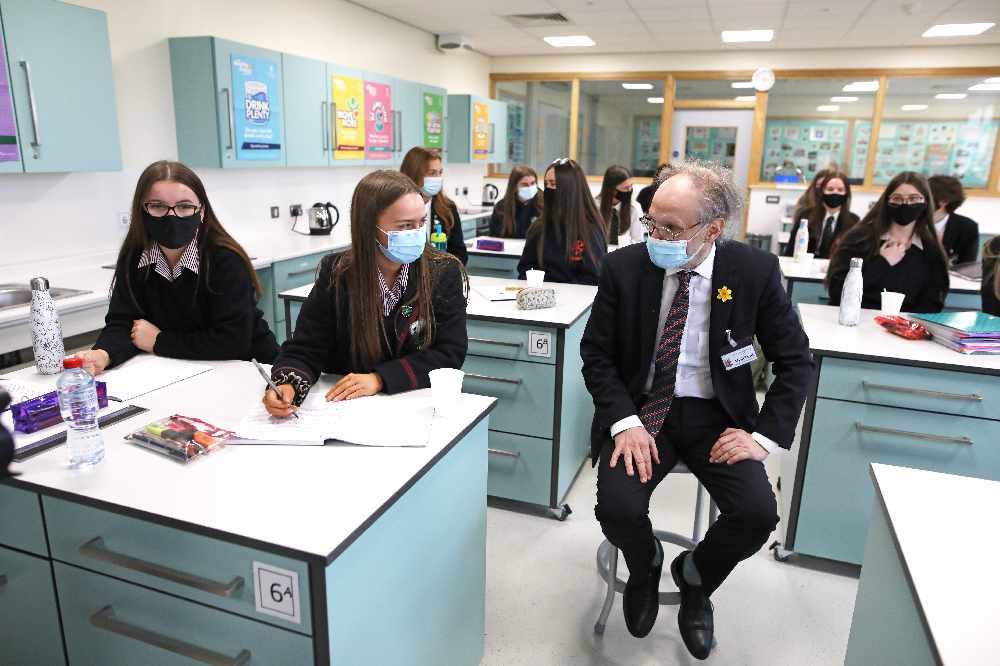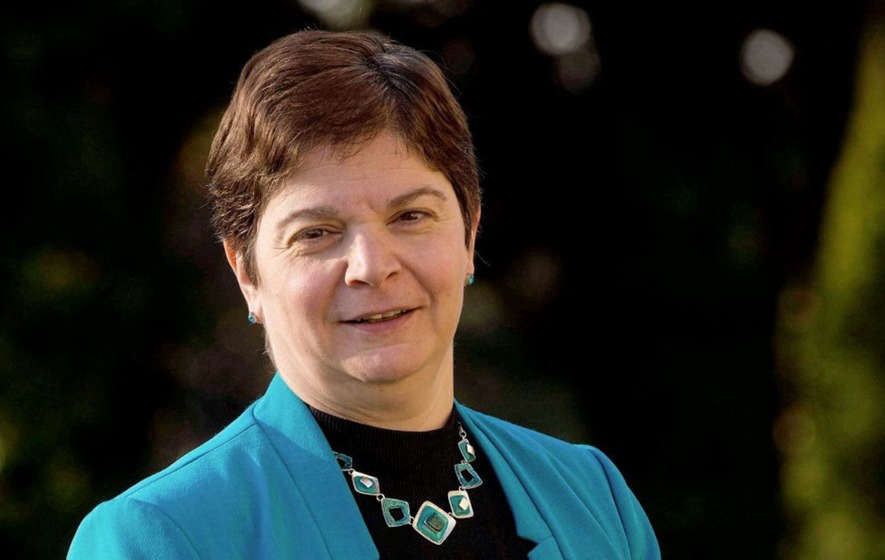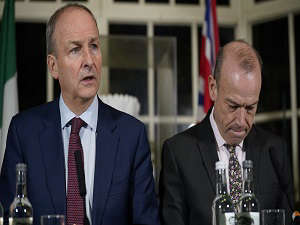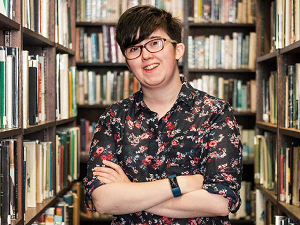
Q Radio News/PA
Almost half of P7 pupils and 70% of 16-year-olds in Northern Ireland felt that their education was negatively affected during the Covid pandemic, a new report has said.
Northern Ireland Commissioner for Children and Young People Koulla Yiasouma, said that vulnerable children were “invisible” and became more vulnerable during the crisis.
Her report, A New and Better Normal: Children & Young People’s Experiences of the Covid 19 Pandemic, contains the experiences of almost 4,500 children and young people through surveys and focus groups.
She said: “It is clear, hearing from, and speaking to, children and young people about their experiences over the past 17 months, that no child was untouched by this pandemic. Vulnerable children, however, were invisible on the whole and made much more vulnerable because of it.”
The report said young people felt ignored with insufficient information provided to them and little meaningful engagement from decision makers.

Former education minister Peter Weir visits a school during the pandemic
Surveys of more than 2,000 primary 7 pupils and over 2,000 16-year-olds explored their experiences during the pandemic and showed:
– 46% of P7s and 70% of 16-year-olds felt their education had been negatively affected;
– 17% of 16 year olds said their indoor and outdoor space was inadequate;
– 27% of 16-year-olds could not get medical treatment during the pandemic for a health issue not related to coronavirus;
– 41% of primary 7 respondents and 52% of 16-year-olds felt their mental and emotional health had worsened during the pandemic;
– Approximately 30% of children that responded to both surveys reported that the lockdown had made their physical health worse.

Northern Ireland Commissioner for Children and Young People Koulla Yiasouma
The commissioner said: “We have looked at several key areas including poverty, health, social/recreational activities, family life and education. We have placed a particular focus on vulnerable groups including children in care, children with disabilities, and children at risk of abuse.
“The inability of the education system to be creative and respond in a timely manner to emerging issues has been deeply frustrating, not least on the issue of digital poverty.
“What was particularly distressing was the real feeling of abandonment by families of children with special educational needs – particularly those with the most profound needs, who were unable to access critical services for months at a time.
“A lot of children became poorer without access to the full range of financial support – some were unable to access health treatments and those at risk of abuse became more vulnerable when new emergency laws were introduced to limit the support and protection they required.”
The commissioner concluded: “I know the NI Executive worked hard during the Pandemic, but we have learnt that poor implementation of children’s rights in government policies before a public emergency makes vulnerable children even more so during it.
“The pandemic has laid bare the deep-rooted inequalities in our communities. This report is intended to make sure government learn the lessons.
“It is clear there must now be a focus on embedding a child rights culture within government and its agencies so that, whether we face another public emergency or not, all children get the best start in life and continue to be prioritised in government policy throughout their childhood.”


 Covid-19 inquiry ‘an opportunity for candour’ from Stormont leaders
Covid-19 inquiry ‘an opportunity for candour’ from Stormont leaders
 UK and Irish ministers to meet amid row over migration
UK and Irish ministers to meet amid row over migration
 Three men set to go on trial for murder of journalist Lyra McKee
Three men set to go on trial for murder of journalist Lyra McKee
 Swann refuses to rule out resigning if budget is not changed
Swann refuses to rule out resigning if budget is not changed
 Fresh inquests ordered into deaths of 15 killed in McGurk’s bomb blast
Fresh inquests ordered into deaths of 15 killed in McGurk’s bomb blast